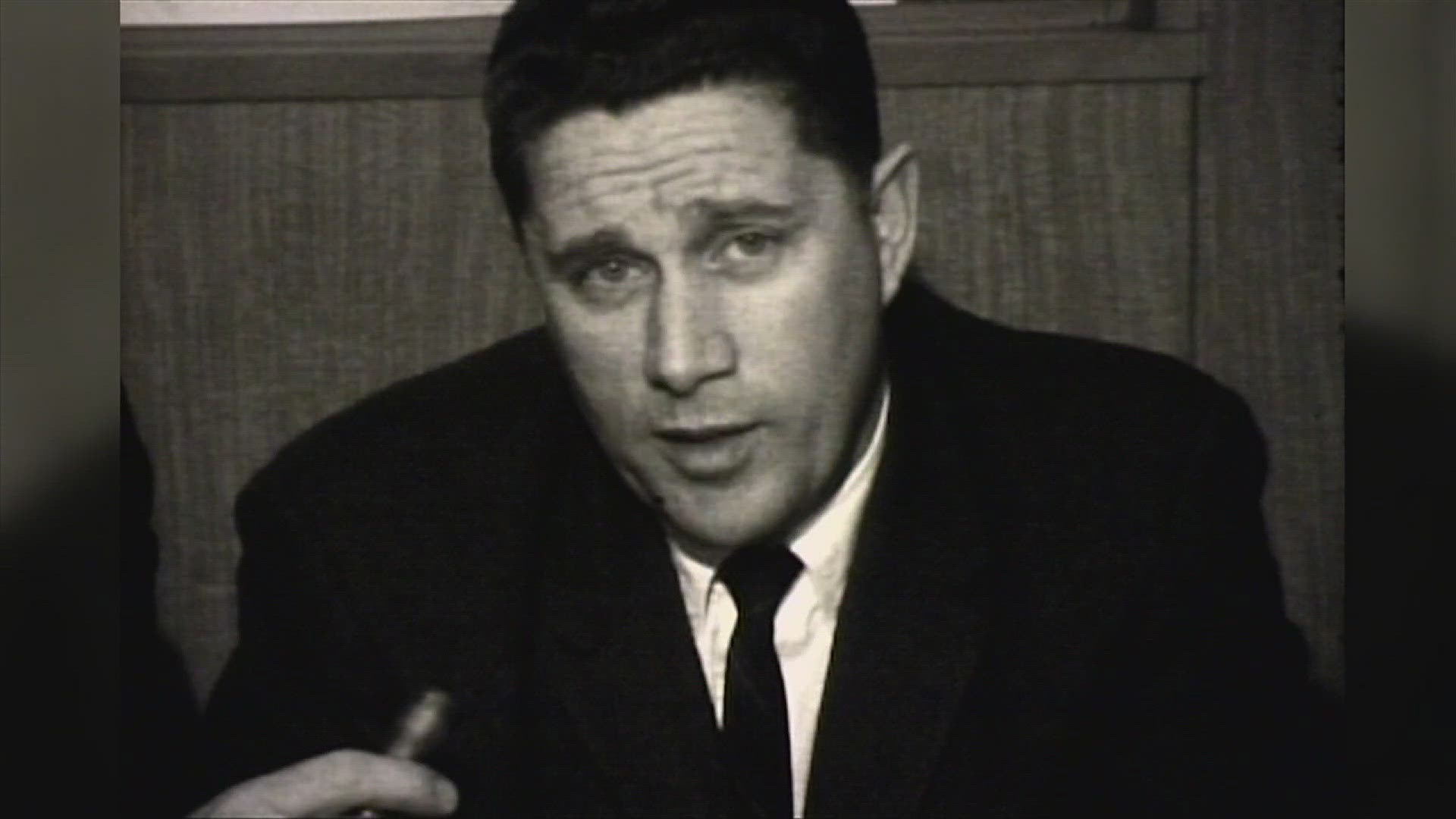MONTGOMERY, Ala. — More than two years after going live, the Alabama Channel is planning to expand its coverage of government beyond the meetings it streams during the legislative session.
The League of Women Voters of Alabama, the nonprofit responsible for creating the website that both broadcasts and archives video of the meetings at the Statehouse, hopes to secure grant funding that will allow it to hire videographers to capture even more footage of what is happening at the Legislature.
“Last year we had students who were helping us out,” said Kathy Jones, president of the League of Women Voters of Alabama. “This year, we want to do it more formally, so that we have got a more consistent presence in the statehouse to cover these meetings that are not live streamed — and that is going to take additional funding.”
The platform captures video from live meetings broadcast on the Legislature’s website. The site also transcribes audio of the meetings and offers users the capability to input keywords that the site will then search for in the transcriptions.
The site allows people to search for different types of meetings that include discussions among legislators on both the floor of the House of Representatives and the Senate, as well as the various committee meetings responsible for discussing different issues that constituents bring before lawmakers.
The League of Women Voters archives all the videos.
The initiative began as a prototype developed by Tara Bailey, currently the Alabama Channel’s director.
“She came to me and said, ‘This is something that I think would work,”’ Jones said of Bailey. “As the League, one of our top priorities for the League of Women Voters here in Alabama is government transparency because there is so little of it here.”
Bailey brought it before the executives of the nonprofit in April 2022, who then expanded it to an official feature offered by the organization’s nonprofit arm.
“When you see a problem that you can do something about, I am the kind of person who wants to do something about it,” Bailey said. “This was a problem, that you could not go in, you could not go back and see discussions, very vibrant discussions at these different committee meetings, and the House and the Senate, when it is only live streamed.”
Bailey first researched how other states have been archiving video feeds and found that most states were already providing the service. She then solicited assistance from the Open Media Foundation, a nonprofit media and communications service provider, with the transcription of the audio.
She then obtained a domain name and designed the logo, and helped develop the website using her previous experience as a graphic designer.
Bailey and Jones also collaborated with the Legislative Research Service to ensure staff understood the purpose of the website.
“You are able to record meetings with the Open Meetings Act,” Bailey said in discussions with the Legislature. “We took that and said, ‘We are recording the meetings according to the Open Meetings Act.’ They understood that a lot of other groups were probably doing this, they just weren’t doing it in the way that we were proposing to do it.”
The site was ready for the 2023 legislative session. The national office provided the seed funding to develop the Alabama Channel. Grants to date have been provided by the League of Women Voters of the United States Education Fund (C3 fund) for the last 3 years, according to Jones.
Jones invited the public to donate additional funds if so inclined.
The site has a growing viewership, close to 70,000 total views as of now, according to Bailey. Media that use video footage as a primary source for articles, to legislators who review the proceedings from other meetings to better understand the discussions of various bills, according to Bailey.
The organization also records meetings beyond the legislative session, including any meeting on Alison, the state’s legislative website.
“There are times when we will send a videographer off to a meeting that might not be happening in the statehouse, but happening maybe in Montgomery,” Bailey said. “We bring in those meetings as well because oftentimes, those focus groups at different meetings that are happening are going to play a major role in the legislation that is going to come up at the next legislative session.”
The Joint Prison Oversight Committee meetings, for example, where family and friends of those who died in prison, have been popular with viewers.
“Our prison system in Alabama is a topic of great interest because of what has been going on there,” Bailey said. “It is not the best prison system, and so a lot of people are watching those meetings.”
The League expects to continue recording the meetings and archiving the footage, hoping to create a library of the Legislature and how lawmakers have grappled with issues confronting the state.
“We use it in the classroom,” Bailey said. “We are told that civics we need to be instilling in our students, and what a great resource to say, ‘how a bill becomes a law,’ and actually get to watch how a bill becomes a law in our Alabama state government.”
This article originally appeared in the Alabama Reflector, an independent, nonprofit news outlet. It appears on FOX54.com under Creative Commons license CC BY-NC-ND 4.0.



